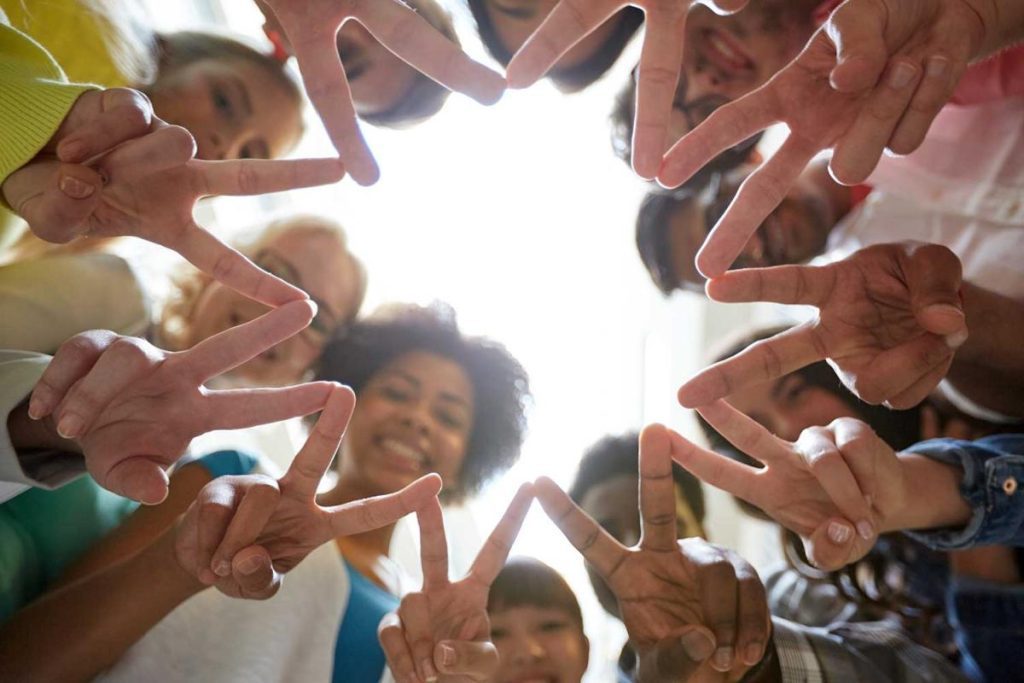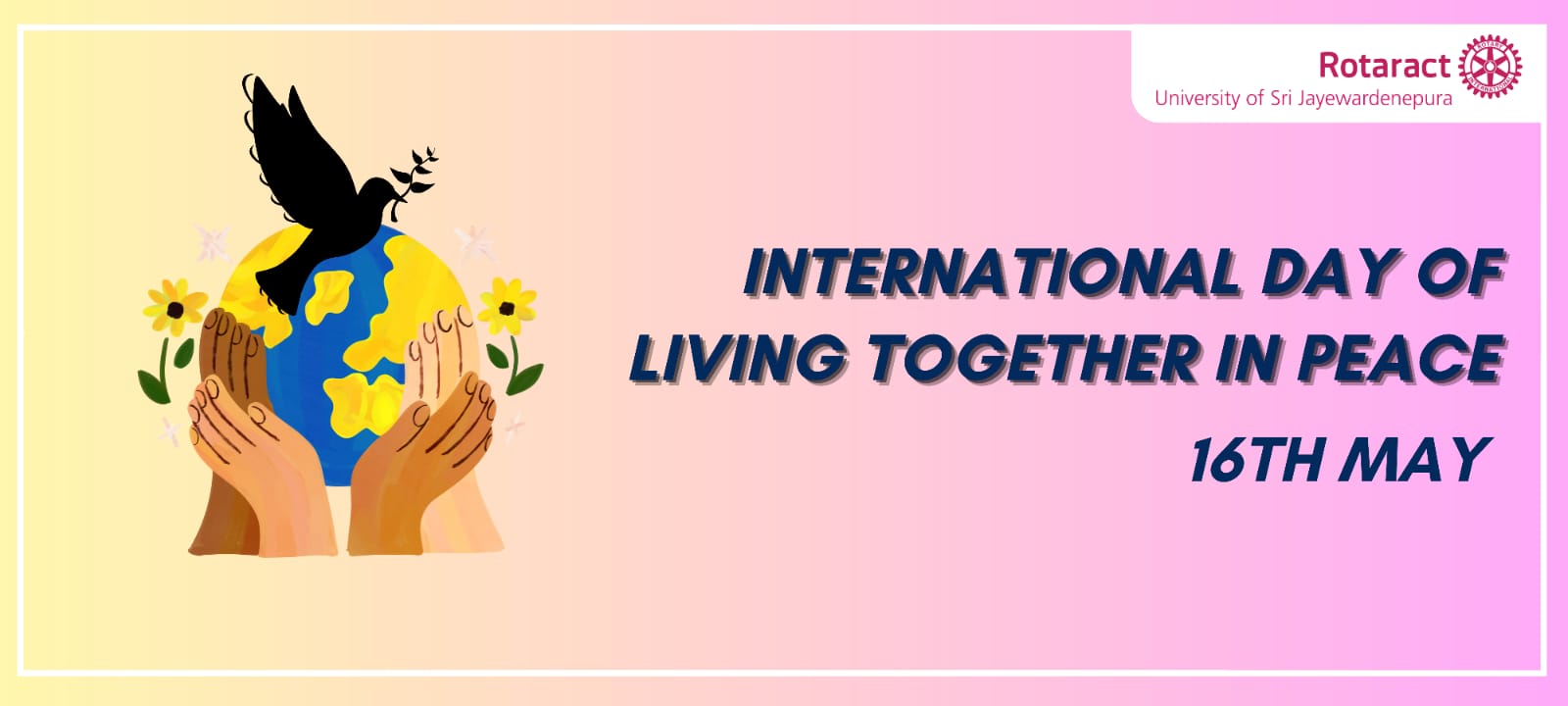“When the power of love overcomes the love of power, the world will know peace” -Jimi Hendrix
We are all humans. Humans, however, vary from each other, despite their common anatomy. These differences among each of us that make us unique are based on factors including our ethnicity, sexual orientation, languages spoken, and cultural upbringing. Accepting these unique factors that make us who we are as humans, as well as being able to listen to, recognize, respect, and appreciate one another despite our differences, is essential for living together in peace.
Since 1999, the United Nations has observed the International Day of Living Together in Peace on May 16 every year. The intention of holding a day as such is to regularly mobilize the international community’s efforts to promote peace, tolerance, inclusion, understanding, and solidarity. The day “aims to uphold the desire to live and act together, united in differences and diversity, to build a sustainable world of peace, solidarity, and harmony.”

We like to think that technological advancements and the use of social media have connected the world as a whole, increasing connectivity and interdependence among the world’s nations, societies, and cultures. Despite all of these connections, the sad reality is that violence and war are far from over. According to the UN, approximately 2 billion people, literally one-quarter of all humanity, live in conflict zones. These conflicts are upending international law, resulting in senseless deaths, extensive property damage, unacceptable human rights violations, and skyrocketing food and fuel prices that are disastrous for developing nations, including our country.
The absence of war or other forms of pure physical violence does not imply that humanity has reached the pinnacle of peace. Consider how we treat our own kind differently in our communities on a daily basis. We might pass judgment on a stranger based solely on what we see or hear without knowing anything about their background. We may mistreat someone because they are of a different ethnicity than us or practice a different religion than us. We may isolate and bully one person because he appears to have a different sexual orientation. When considering these commonplace situations, it becomes clear that for peace to radiate outward and spread throughout the world, one must first find peace within.
One should be at peace with themselves to the extent that one can recognize that everyone has a unique story to tell and that it has never been our place to judge or treat others differently. The creation of societies where everyone, regardless of race, sex, language, or religion, is treated equally and has the chance to prosper is necessary for long-lasting peace. Equal access to necessities like housing, healthcare, education, and other necessities satisfies people’s needs while upholding their human rights.

It is also important to note that equity, justice, and respect for human rights are not only necessary for peace but can also result in additional conflicts and instability if they are absent. The war we had in our country for 26 years speaks for this as the Sri Lankan Civil War began as a protest against the discriminatory and unjust treatment of Tamils who had migrated to Sri Lanka during the British reign from 1815 to 1948. Exclusion and discrimination not only violate human rights but also foster resentment and animosity, which may lead to violence.
The commemoration of this special day, therefore, is necessary to draw attention to this issue on a global scale, even though it is easier said than done. This will serve as a reminder for us to treat one another equally despite our differences. The day aims to uphold the desire to live and act together, united in differences and diversity, to create a sustainable world of peace, solidarity, and harmony. As previously stated, finding peace begins within, because the world we create within ourselves is what we bring to life. From there, it spreads to the community we nurture as well as the entire world.
Written by: Rtr. Dinusha Elvitigala
Graphic Design by: Rtr. Nilakshi De Silva



0 Comments